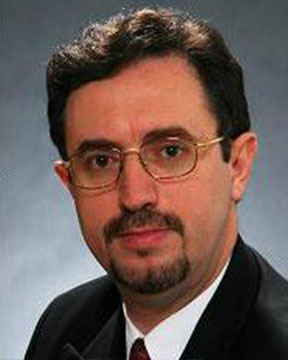

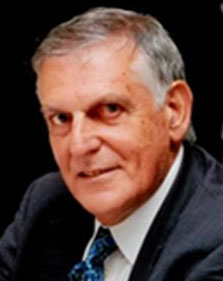
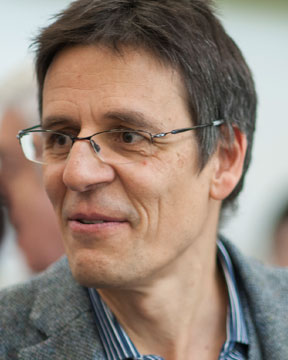
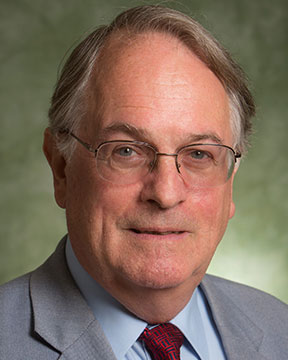
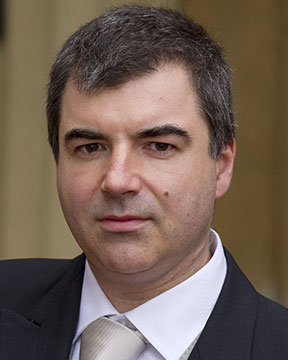
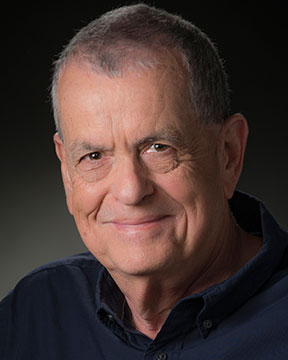
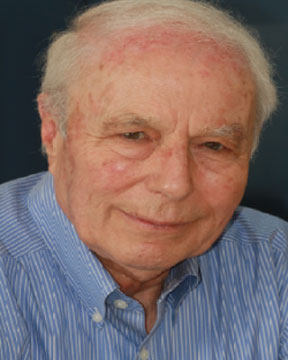
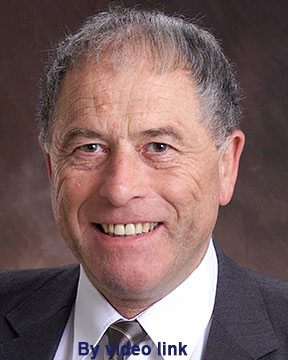
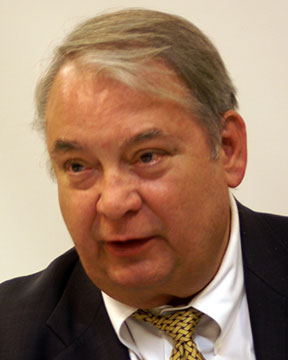
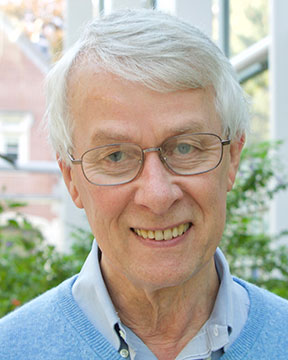
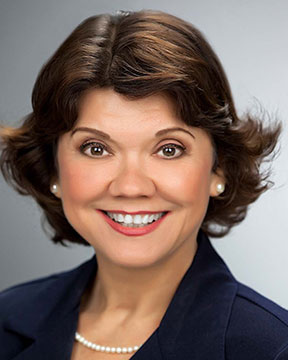
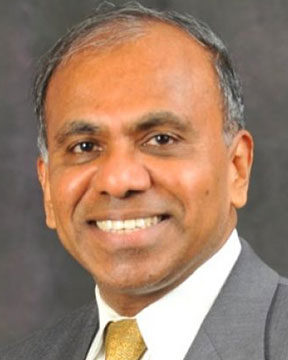









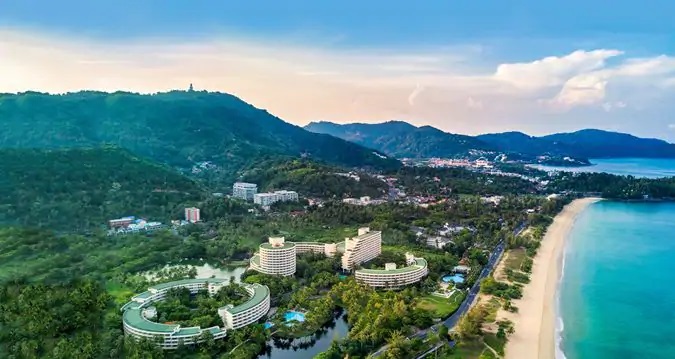
On Multiscale Material Mechanics and Sustainable Applications (7th Intl. Symp.)

Bio |
CV |
Publications
This symposium is to tribute the prominent work and lifetime achievements of Prof. Mark Horstemeyer, a distinguished figure in the field of multiscale modeling and its applications in the weapons, automotive, geological, and astrophysics areas.
Prof. Mark Horstemeyer was educated at Georgia Tech, one of the oldest Engineering Universities in the United States (1888), while working up the ranks as a Manager of the Fluid/Thermal Modeling Department in Sandia National Labs, helping form and expand its already prominent worldwide stance in Engineering Research, Nuclear Science and National Security. Horstemeyer held a Chair position for the Center of Advanced Vehicular Systems (CAVS) at Mississippi State University (MSU), was a Chair Professor of Mechanical Engineering at MSU, a Honorary Professor in Xihua University, China and was the Founder and President of several engineering industry companies before becoming the Dean of Engineering at Liberty University, VA in 2019. He is a fellow of the American Association for the Advancement of Science, the American Society of Mechanical Engineers, the American Society of Metals, the Society of Automotive Engineers and a member of most of the prominent societies of the Engineering community including the American Academy of Mechanics, the Materials Research Society, and TMS societies, among others.
He has published over 500 journal articles, conference papers, books, and technical reports with a citation impact h-factor of over 60 with over 12,000 total citations; he has been invited to give over 160 invited lectures throughout the world, and has mentored nearly 200 graduate students and post-doctoral researchers. He has organized a total of 15 conferences, seminars and workshops, is on the editorial board of six of the major engineering journals, has served on the review panels of most of the prominent research funding organizations in the US, and has been awarded a total of $44M in funding from major federal and state government agencies and private institutions.
Adding to the above distinctions, Horstemeyer has received numerous major awards and distinctions which include the R&D 100 Award, the Giles Professor (Highest Honor at the University) of MSU, the Sandia Award for Excellence, Ralph Powe Award Mississippi State University (highest university research award), AFS Best Paper Award, the DOE Recognition Award for his USCAR work, an ASME Materials Division Chair, the Thomas French Alumni Achievement Award of OSU, the Mechanical Engineering at Mississippi State University Senior Research Award, West Virginia University Distinguished Alumni Award, the Society of Automotive Engineering (SAE) Teeter Award” and numerous others from his industrial, laboratory and academic institutions experience.
Among other research developments throughout his career, he has been the first to suggest that the volume-per-surface area length scale size effect in metals is related to dislocation nucleation and not strain gradients as illustrated by molecular dynamics simulations 1999. He developed the first hierarchical multiscale model to predict failure of structural materials based on microstructure-sensitivity so that each element in a finite element analysis has different grain sizes, void sizes, particle sizes, nearest neighbor distances, and volume fractions of the different entities (trademarked term “From Atoms to Autos”). He was the first to use the computational hierarchical multiscale damage model based on the heterogeneities to optimize a structural component (Cadillac control arm: reduced weight 25%, increased strength 50%, increased fatigue life 100%, and reduced cost $2 from a $15 part); been the first to quantify Nanostructurally Small Crack (NSC) growth for fatigue as illustrated by molecular dynamics simulations; used the “From Atoms to Autos” modeling philosophy to redesign the Corvette cradle from aluminum to magnesium, which is used on all Corvettes since 2006. He was the first to garner a stress-strain curve without an experiment by first running First Principles simulations (DFT) to get energies for Embedded Atom Method (EAM) potentials for MD simulations. The MD results were used to get the dislocation mobilities for use in Dislocation Dynamics (DD), which in turn were used to quantify work hardening constants for crystal plasticity simulations (CP). Polycrystal CP simulation results were then used to form the stress-strain curve. Experiments of single and polycrystal aluminum were used to validate the computational results. He was the first to show the experimental differences between compression, tension, and torsion stress-strain behavior related to work hardening and failure strains in metals under high strain rates. Also, he wrote the first book on Integrated Computational Materials Engineering.
ROUND TABLE DISCUSSIONS
A round table discussion open to everyone interested will be organized at a specific date and time during the symposium. It will be a platform for high level representatives of various industries, technologies, and academic disciplines to freely discuss and debate all topics of this symposium, and identify positive and efficient pathways towards sustainability in industrial practices, technologies, and research.
You are cordially invited to actively participate in this symposium by submitting and presenting a paper, or by attending the round table. We look forward to meeting you in Phuket, December 2020.


